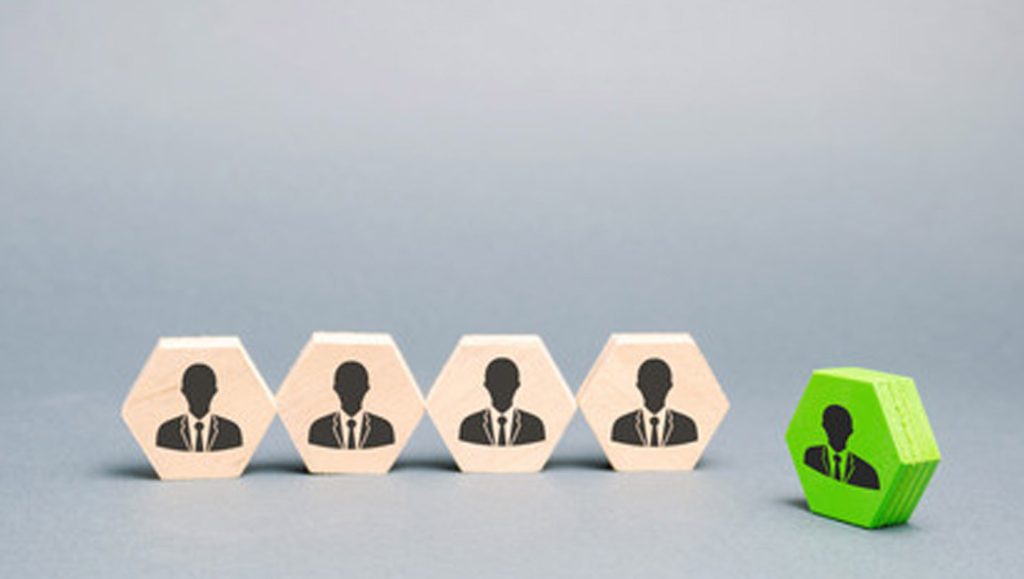Rapidly evolving Commerce as a Service (CaaS) model can give mid-tier operators in the fashion, CPG, beauty, health, and wellness industries a better way to keep pace with big retail and drive predictable profitability, advises tech veteran Jan-Christopher Nugent.
Too many retailers and brands suffer from “Amazon Stockholm Syndrome”—the unquestioning effort to compete with the world’s most dominant ecommerce company on its own asymmetrical terms, writes Jan-Christopher Nugent, CEO of Nogin, in an opinion piece for multichannelmerchant.com.
Read More: Kenneth Cole Re-Platforms Legacy Commerce Cloud Software To Nogin Intelligent Commerce
“If the Stockholm Syndrome theory were correct, you’d expect to see long-enduring captives parroting the propaganda of their captors and engaging in behavior that was not in their long-term interest,” Nugent writes. “This is exactly what we see.”
Indeed, companies routinely give up sizable chunks of their margins by trying in vain to play Amazon’s game, he contends. “While a healthy brand’s average discount should be no higher than 26%, we routinely see brands with average discounts of 50% once you factor in shipping and return costs,” Nugent writes.
In the Oct. 11 piece (“How to Snap Out of Amazon ‘Stockholm Syndrome'”), the ecommerce sector veteran describes Amazon’s success in training consumers to expect free (or seemingly so) shipping and nearly instantaneous delivery. Amazon has also been able to drop prices and force competitors to cut their margins.
While going head-to-head with Amazon may be viable for a tiny number of true giants, for others the rapidly evolving commerce-as-a-service (CaaS) model creates new possibilities, Nugent writes. “In the CaaS model, specialty firms create, maintain and operate ecommerce stores on behalf of retailers and brands. These platforms can deliver superior ecommerce and increase sales, profits and conversion rates using advanced algorithms, data-driven intelligent promotions and discounts, and cloud-based R&D upgrades.”
But before retailers or brands can take full advantage of these gains, they may need to face some captor-induced fears. That could include reconsidering whether there’s truly only one way to please the customer, Nugent notes, and being open to using tech and analytics to win back the respect they have given away by selling at a loss.
For example, CaaS methodologies can reveal which customers are loyal enough to buy even without receiving free shipping, notes the executive, whose firm has delivered CaaS for such major brands as Kenneth Cole, Honeywell, Hurley, Bebe, Lululemon, True Religion, Yeezy and Charming Charlie.
Read More: Bad Bots Significantly Threaten The Profitability Of Retail E-Commerce Businesses, According To New…
Generally, the mid-tier “is where CaaS has capabilities and services that bolster competitiveness, including higher-order AI and predictive analytics,” Nugent explains. By running intelligent algorithms and multivariate tests, CaaS providers can ferret out which customers will balk at the removal of shipping, delivery and price giveaways, and which ones will keep shopping and stay loyal.
“When CaaS technology is carefully applied across an entire ecommerce store, intelligent segmentation can result in a drop in the average discount from 50% to 25%, or even as low as 4.5%-6% in some cases,” he writes. “Most importantly, it can also help bring you to a cash-neutral position when it comes to returns … That’s what it takes to keep pace with big retail, drive predictable profitability—and snap out of the Amazon trance.”





















